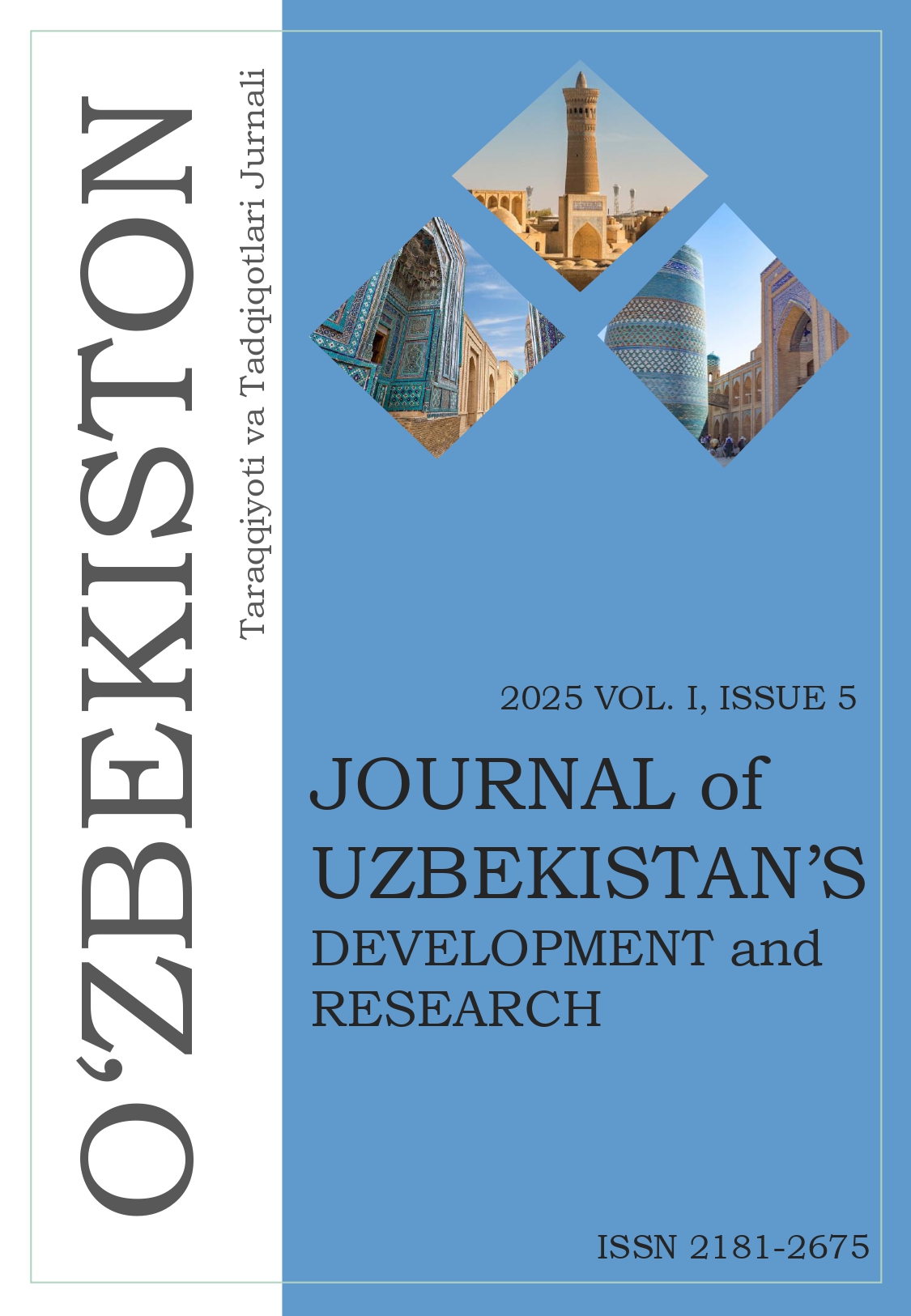DEVELOPING YOUNG LEARNERS’ SPEAKING SKILLS THROUGH VARIOUS ACTIVITIES
Keywords:
young learners, speaking skills, oral communication, language teaching, classroom activities, interactionAbstract
The development of speaking skills is a central goal in early language education. For young learners, oral communication is more than just a linguistic competence—it is a tool for cognitive, emotional, and social growth. This article examines the theoretical underpinnings of speaking skill development, outlines the unique characteristics of young learners, and explores a range of engaging and age-appropriate classroom activities designed to enhance speaking proficiency. Through a discussion of pedagogical strategies and the teacher’s role, the article aims to provide practical insights for educators committed to fostering confident and competent speakers in the early stages of language learning
References
1. Cameron, L. (2001). Teaching Languages to Young Learners. Cambridge University Press.
2. Vygotsky, L. S. (1978). Mind in Society: The Development of Higher Psychological Processes. Harvard University Press.
3. Krashen, S. D. (1982). Principles and Practice in Second Language Acquisition. Pergamon Press.
4. Pinter, A. (2006). Teaching Young Language Learners. Oxford University Press.
5. Brewster, J., Ellis, G., & Girard, D. (2002). The Primary English Teacher's Guide. Penguin English Guides.
Published
Issue
Section
License
Copyright (c) 2025 Ibadullayev Botir , Rahmanov Gulomjon (Author)

This work is licensed under a Creative Commons Attribution-NonCommercial-NoDerivatives 4.0 International License.
All Rights Reserved.





